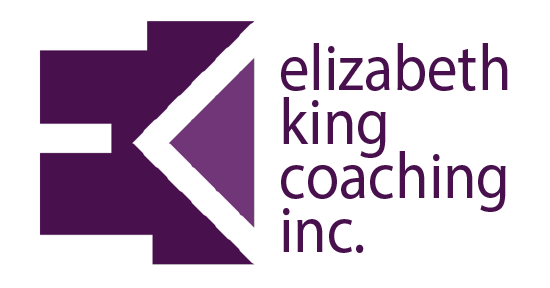Promotion, Attention, and Making Great Art
I came across an excellent post about John Mayer’s recent Master Class at his alma mater, Berklee College of Music, that resonated with me as an essayist and artist. With the advent of social media has come a new era of business expectations and new definitions of businesspeople; it’s largely considered insufficient to be only young entrepreneurs, authors, or musicians. Instead, we’re living in the era of entrepreneur-marketers, author-marketers, and musician-marketers.
As a writer, I find that it takes me an enormous amount of time and concentration to read, digest, and create work that anyone else might consider reading. I've heard of people who can just crank out thousands of words a day, but I'm just not that person. I struggle with this new role of writer-marketer, and so I was relieved to hear that I’m not the only one.
Elisa Rice, the Berklee student blogger who covered the event, recounts several remarks of Mayer's from his Berklee Clinic that hit home with me that will likely resonate with anyone whose professional life involves problem solving or creativity.
Twitter…started to make my mind smaller and smaller and smaller.
…Mayer realized that pouring creativity into smaller, less important, promotional outlets like twitter not only distracted him from focusing on more critical endeavors like his career, it also narrowed his mental capacity for music and writing intelligent songs.
“The tweets are getting shorter, but the songs are still 4 minutes long. You’re coming up with 140-character zingers, and the song is still 4 minutes long…I realized about a year ago that I couldn’t have a complete thought anymore. And I was a tweetaholic. I had four million Twitter followers, and I was always writing on it. And I stopped using Twitter as an outlet and I started using Twitter as the instrument to riff on, and it started to make my mind smaller and smaller and smaller. And I couldn’t write a song.”
Interestingly, Mayer largely walked away from Twitter, and I'll admit that I admire him for having done so.
What does it mean for those of us who might disappear into the void if we stopped Tweeting for promotion? Mayer doesn't experience that risk, but I do.
To Ship or Not to Ship
It’s no secret that I post in flurries and lulls on S.o.o.S., and my inner marketer (and my marketer friends) warns that people grow tired of waiting and I lose my readership because I don’t keep up a steady pace. I break blogging rules all the time—lengths of way beyond 600 words, lack of bullet points, never a Top 10 list, syntax that demands my reader's attention. Surely this is to the blog traffic’s detriment, but I worry if I followed those rules that it would work to the ideas’ detriment, much like Mayer's music suffered.
After all, I’m a writer. This is what I do. I see my work as an extension of myself. Moreover, as I publish more books, I don't want to give away the farm while I'm working on crafting more complex ideas.
Turns out, Mayer discourages that kind of “crank it out no matter what” thinking, too.
…Mayer also targeted the urgency beginning artists feel to update their blogs and YouTube channels with new songs or videos to maintain steady flows of interest for their work. Instead, Mayer explained that he found the separation of creation and promotion necessary in his own career, saying “as you start playing music you’re going to stop thinking about getting better. As soon as you flip the switch into showing other people your music, for some reason, the other brain sort of goes away.”
“You got the distraction of being able to publish yourself immediately, and it is a distraction if you’re not done producing what the product is going to be that you’re going to someday use the promotion to sell…I had to go through the same thing I’m talking to you about – what you have to go through – which is to completely manage all the distraction. Manage the temptation of publishing yourself.” [emphasis mine]
Balancing Promotion and Quality
Ultimately, we as creators, artists, and problem solvers require the time and circumstance to pay attention to the work we’re doing to actually turn out quality. We’re all wrestling with the balance between promotion (How many mediocre ebooks have we seen cranked out in the interest of turning a small profit?) and quality—and how to give ourselves the freedom to think and unmitigated attention that it takes to emit quality.
Would you consider cutting back on distraction if you were assured your creativity and end results would improve?
Is the pressure of self-promotion actually working to the detriment of our products, ideas, and works of art?





